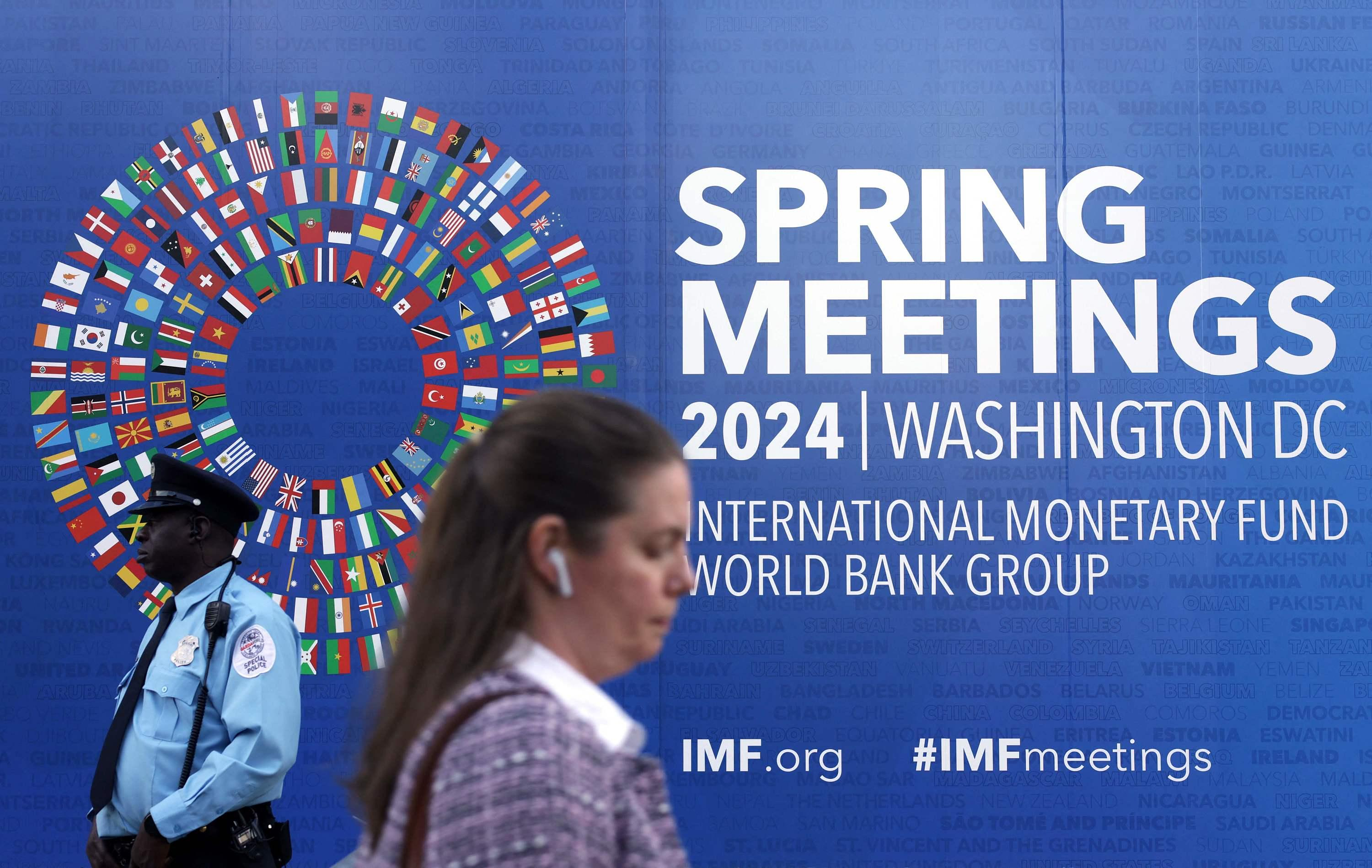proposed act against hate on the internet" was already a debate in march 2019. The finalised version of the text was adopted on 13 may, just at the exit of a two-month confinement. In spring a law with sanctions for a non-standard. As of may 18, the constitutional Council has been seized and its opinion is very much anticipated because many believe that this new law impinges heavily on the freedom of expression and will potentially generalize to a form of censorship.
read also : Mathieu Bock-Côté: "The law Avia, a law néosoviétique"A first part of the law aimed at the prevention : it requires, therefore, the main actors of the net (especially social networks) to put in place a policy for the fight against hatred (with buttons to report the objectionable material, which is already massive) and training in "responsible use" of the networks. In parallel, an observatory of the hate speech online will be created to track these questions.
Since 2004, and the law "for confidence in the digital economy", the actors of the web are already invited to remove promptly any content that is hateful, illegal or problematic (without mandatory deadline) at least to hire their own responsibility. 16 years later, the law Avia brings a punitive aspect to be very heavy, if the law passes the constitutional Council, should be effective in a record time. That is, as from July 1, 2020 (a period of implementation that doubt after the experience with the RGPD). A decree would be expected to determine a threshold (of attendance ? of publication ? turnover ?) of web sites affected by the time limits and sanctions. Clearly, are in the line of sight of the giants of the web and social networks like Facebook and Twitter... but can also be Google (which would potentially limit the lift of the search engine).
Moderators against judgesThus, as early as July 2, if a user or users believe that content is "clearly illegal", they must report it to the site hosting this content : it will be, then, 24 hours to remove it (1 hour for the content of terrorism, or child pornography) at the risk of incurring a fine of up to € 1.25 million. In the case of non-respect of the "duty to retreat" of the content in the allotted time, hosts and/or providers of access to internet will suspend access to the site. To limit the lift to be abusive, a prison sentence of one year and a fine of € 15,000 may be imposed.
Who will determine the illicit character of the content ? While a complaint for slander, incitement to hatred or discrimination will be dealt with by the justice system over many months, on the internet, the moderators of the giants of the web will have just 24 hours to "try" content. The all-knowing, for Facebook, for example, that 27 million French people connect each day on the network, face to face, 15.000 moderators much less trained as judges (in the United States, the training for becoming a moderator, lasts 4 weeks). If the law provides for the existence of a prosecutor and of a court of specialized, time limits on their creation and their role are not very clear.
read also : the editorial in The Figaro Magazine: "In the name of freedom"The risk ? That the web sites are based on algorithms for sort, in a timely manner, the mass of notifications about the content issues : roughly speaking, this is already what is done and today, the deletions are relatively rare... But in the face of very heavy penalties, and a very short time, they are likely to become the norm is the slightest doubt, or from a certain level of notifications. The beginning of censorship is the systematic according of keywords because a device is poorly thought out and too automatic?
The constitutional Council has not yet issued its opinion. Hopefully he will censor this law is badly conceived, which raises the question.
Le FigaroThe Macronomètre, the observatory of reforms in the government, is a site of the Fondation iFRAP in partnership with Le Figaro. It is a tool dedicated to the assessment of the quinquennium of Emmanuel Macron: econometric evaluation in relation to its electoral programme and announcements of his government. With The Macronomètre, the action of the government is to be marked out of 10 each Wednesday prior to the council of ministers and becomes readable in a single glance. The Macronomètre allows each to make a notice on the holding or not of the promises of the president of the Republic and on the effectiveness of the reforms of the government.
" see also - Hate online: understanding the controversy over the law Avia

 Knife attack in Australia: who are the two French heroes congratulated by Macron?
Knife attack in Australia: who are the two French heroes congratulated by Macron? Faced with an anxious Chinese student, Olaf Scholz assures that not everyone smokes cannabis in Germany
Faced with an anxious Chinese student, Olaf Scholz assures that not everyone smokes cannabis in Germany In the Solomon Islands, legislative elections crucial for security in the Pacific
In the Solomon Islands, legislative elections crucial for security in the Pacific Sudan ravaged by a year of war
Sudan ravaged by a year of war Covid-19: everything you need to know about the new vaccination campaign which is starting
Covid-19: everything you need to know about the new vaccination campaign which is starting The best laptops of the moment boast artificial intelligence
The best laptops of the moment boast artificial intelligence Amazon invests 700 million in robotizing its warehouses in Europe
Amazon invests 700 million in robotizing its warehouses in Europe Inflation rises to 3.2% in March due to gasoline and electricity bills
Inflation rises to 3.2% in March due to gasoline and electricity bills Olympic Games-2024: which professions are likely to strike during the competition?
Olympic Games-2024: which professions are likely to strike during the competition? Pizzas sold throughout France recalled for “possible presence” of glass debris
Pizzas sold throughout France recalled for “possible presence” of glass debris “As for a football player, there is a contract”: Carlos Tavares defends his remuneration of 36.5 million euros
“As for a football player, there is a contract”: Carlos Tavares defends his remuneration of 36.5 million euros Stellantis: shareholders validate the controversial remuneration of Carlos Tavares
Stellantis: shareholders validate the controversial remuneration of Carlos Tavares Dune 3 will be the last film of Denis Villeneuve's adaptation
Dune 3 will be the last film of Denis Villeneuve's adaptation Shane Atkinson, humble disciple of the Coen brothers
Shane Atkinson, humble disciple of the Coen brothers Outcry from publishers against the authorization of advertising for books on television
Outcry from publishers against the authorization of advertising for books on television Eddy de Pretto celebrates his “last party too many” at the Olympia
Eddy de Pretto celebrates his “last party too many” at the Olympia Skoda Kodiaq 2024: a 'beast' plug-in hybrid SUV
Skoda Kodiaq 2024: a 'beast' plug-in hybrid SUV Tesla launches a new Model Y with 600 km of autonomy at a "more accessible price"
Tesla launches a new Model Y with 600 km of autonomy at a "more accessible price" The 10 best-selling cars in March 2024 in Spain: sales fall due to Easter
The 10 best-selling cars in March 2024 in Spain: sales fall due to Easter A private jet company buys more than 100 flying cars
A private jet company buys more than 100 flying cars This is how housing prices have changed in Spain in the last decade
This is how housing prices have changed in Spain in the last decade The home mortgage firm drops 10% in January and interest soars to 3.46%
The home mortgage firm drops 10% in January and interest soars to 3.46% The jewel of the Rocío de Nagüeles urbanization: a dream villa in Marbella
The jewel of the Rocío de Nagüeles urbanization: a dream villa in Marbella Rental prices grow by 7.3% in February: where does it go up and where does it go down?
Rental prices grow by 7.3% in February: where does it go up and where does it go down? Europeans: the schedule of debates to follow between now and June 9
Europeans: the schedule of debates to follow between now and June 9 Europeans: “In France, there is a left and there is a right,” assures Bellamy
Europeans: “In France, there is a left and there is a right,” assures Bellamy During the night of the economy, the right points out the budgetary flaws of the macronie
During the night of the economy, the right points out the budgetary flaws of the macronie Europeans: Glucksmann denounces “Emmanuel Macron’s failure” in the face of Bardella’s success
Europeans: Glucksmann denounces “Emmanuel Macron’s failure” in the face of Bardella’s success These French cities that will boycott the World Cup in Qatar
These French cities that will boycott the World Cup in Qatar Dortmund-Atlético: two months before the Euro, Griezmann warms up the engine
Dortmund-Atlético: two months before the Euro, Griezmann warms up the engine Football: Bernd Hölzenbein, 1974 world champion, died at 78
Football: Bernd Hölzenbein, 1974 world champion, died at 78 'Everything comes to an end': Surfing legend Kelly Slater moves closer to retirement
'Everything comes to an end': Surfing legend Kelly Slater moves closer to retirement Athletics: the victory of a transgender athlete causes controversy in the United States
Athletics: the victory of a transgender athlete causes controversy in the United States


















